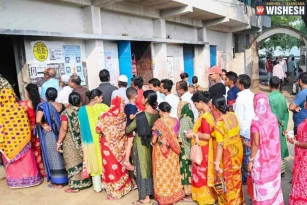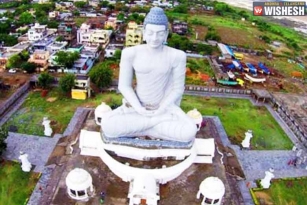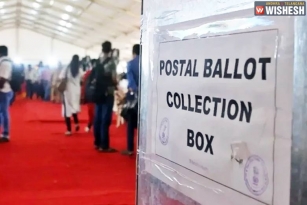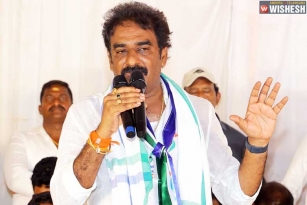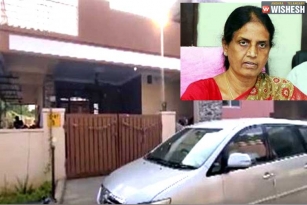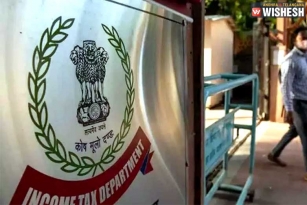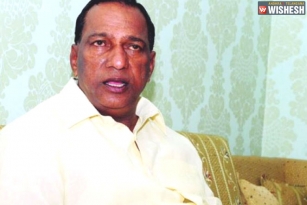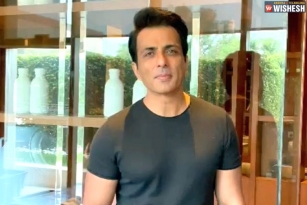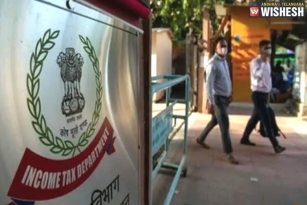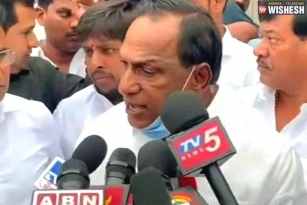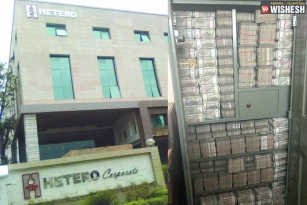
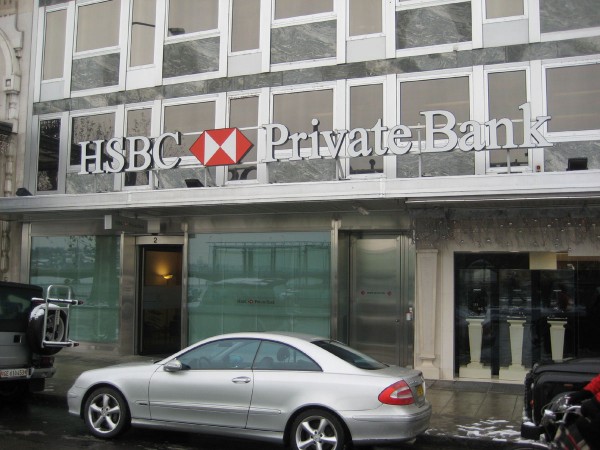 In a first of its kind crackdown against those stashing unaccounted wealth overseas, the income tax department has launched an offensive against politicians and industrials who had parked money in HSBC Bank, Geneva.
In a first of its kind crackdown against those stashing unaccounted wealth overseas, the income tax department has launched an offensive against politicians and industrials who had parked money in HSBC Bank, Geneva.
Under pressure to act against black money and money laundering, the tax department has conducted at least 50 searches over the last two months. The move follows receipts of details regarding 700 bank accounts from the French government.
The list of those under the lens includes a top Mumbai-based industrialist who during questioning admitted to having family accounts in HSBC, Geneva with deposits totaling more than Rs 800 crore. Summons have also been issued to three Members of Parliament (MPs) from Haryana, Uttar Pradesh and Kerala to appear for questioning at the Delhi office of I-T department's recently-set up Directorate of Criminal Investigation (DCI). The MPs would be asked to explain the source of funds in the Geneva accounts.
In addition, recovery of over Rs 300 crore has already been made from several evaders, although some of those whose names figured on the list have refused to admit to having Swiss bank accounts. But unwilling to give up in the face of mounting scrutiny from the courts, the tax department is also making enquiries overseas to get details of nearly 300 cases of undisclosed wealth.
About 10 days back, the UK tax authority is targeted 6,000 UK-based Swiss bank account holders who may not have declared all their income and gains. HM Revenue and Customs (HMRC) is acting on information received last year under a tax treaty. This revealed that more than 6,000 individuals, companies, trusts and other bodies held accounts and investments with HSBC Geneva.
HMRC has already started criminal and fraud investigations into more than 500 individuals and organisations. To date, many others have taken advantage of HMRC’s Liechtenstein Disclosure Facility (LDF).
Over the past few years, some governments in Europe have used stolen data accessed from whistleblowers to investigate and pass on information to other countries. A few months ago, France shared with New Delhi a list of more than 600 bank accounts of Indians in HSBC, Geneva. The list was stolen by a former HSBC employee. Germany, too, bought stolen data on scores of bank account holders of LGT, a bank in Liechtenstein.
Unlike Liechtenstein, where the tax department levied penalties amounting to around around Rs 25 crore against some 18 persons whose names were shared by German authorities, this time the government intends to invoke stringent provisions of the I-T Act to set a precedent. This could mean that those found guilty of evasion could not just face monetary penalty but also end up spending between five and ten years behind bars.
The decision to use foreign unofficial sources comes at a time the income-tax department is carrying out raids at residences of individuals whose names figure on the list of HSBC account holders.
According to sources, there are indications that the department has also received details of several bank accounts of Indians with two other Swiss banks - Julius Baer and Credit Suisse. "In recent weeks residents with accounts in these banks have been approached," said a person familiar with the raids.
As part of the assault on tax evasion and money laundering, the government has asked the Central Board of Direct Taxes ( CBDT) to disallow any compounding of penalty and instead go for prosecuting the accused, something the I-T department had fought shy of in the past.
So far, the accused were only tried under Prevention of Corruption Act, and even that was limited to public servants. The I-T Act was merely treated as civil law and tax evaders were let off after they coughed up penalty.
Besides these account details, the Income Tax is in possession of nearly 10,000 pieces of information on high-value suspicious transactions undertaken by Indians overseas. Investigations have started in all these cases and references have also been made to enforcement agencies abroad to seek more details.



